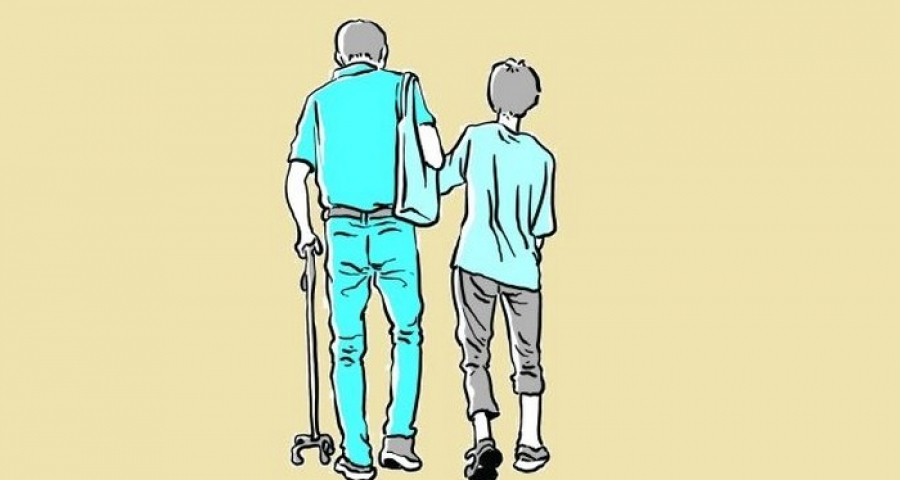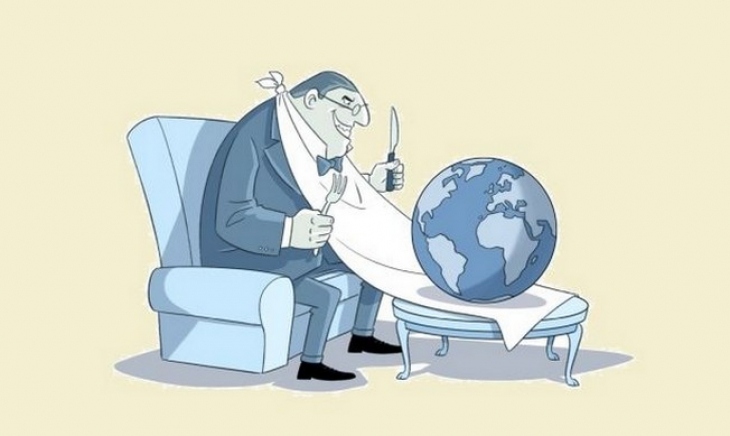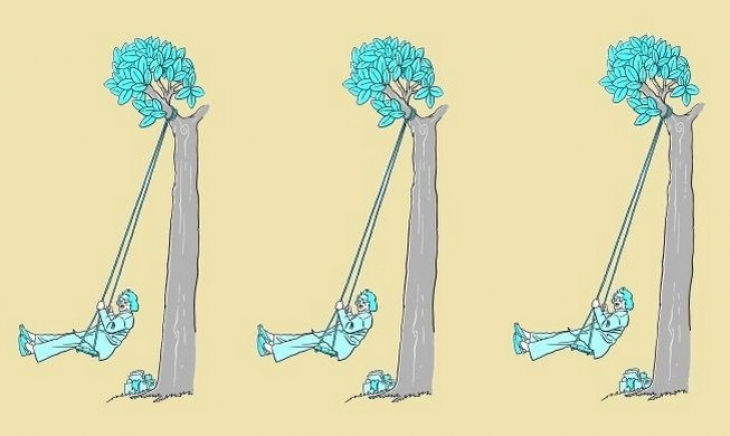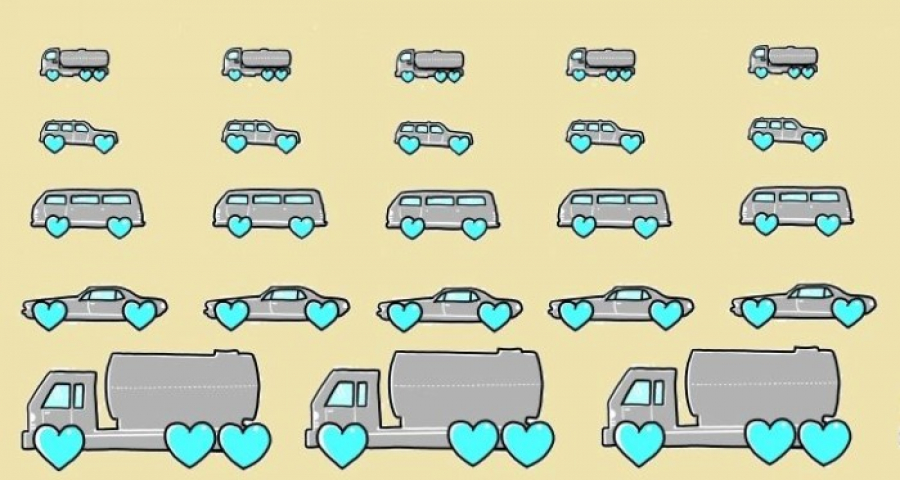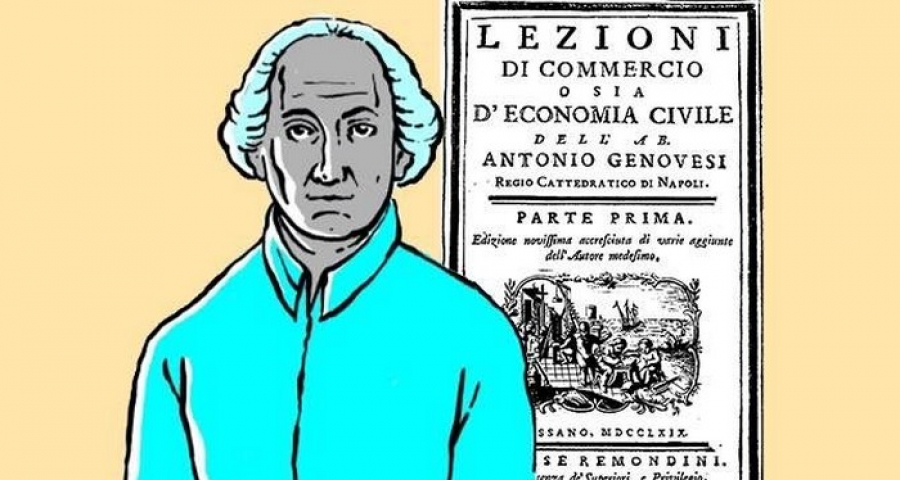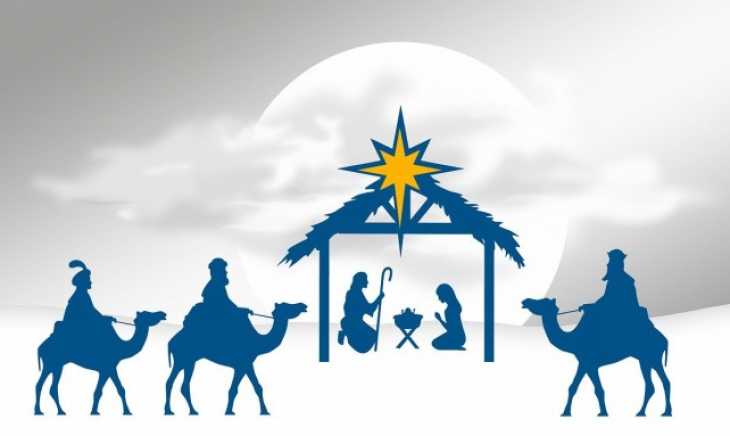To identify witnesses of faith, instead of heroic virtues we should look at ‘heroic beatitudes’ that express very, very different values.
by Luigino Bruni
published in Il Messaggero di Sant'Antonio on 03/12/2023
What the specific economic ethic of Christianity consists in has been a long-standing question – in fact, the first ambiguity in this regard is found within the gospels themselves. It has never been easy, in fact, to patch together Luke's ‘woe to the rich’ with the presence of rich people in Jesus’ community (Levi, Joseph of Arimathea...), or to find coherence between the ‘Parable of the Talents’ and that of the ‘worker of the last hour’ in Matthew's Gospel. What is certain, however, is the important difference between the ethics of the Gospel, which is essentially an ethics of agape, and the virtue ethics of Greek and Roman origin. Although in the Middle Ages Christian ethics incorporated virtue ethics (or vice versa), founding the civil and religious structure of Christianity on the cardinal virtues, it is nevertheless true that the humanism underlying the Greek and Roman world is neither the biblical nor the evangelical one, although there are points of contact. The ancient virtue ethic was based on the idea of excellence (areté) in a given sphere of life (politics, sport...), an excellence that can be attained by those who practise the virtues with commitment and that generates happiness (eudaimonia) as its ultimate reward, the ultimate goal of life, as Aristotle taught.
The Gospel has another idea of excellence, and its happiness (if we want to call it that), besides being very different from the Greek one, is certainly not the Christian's ultimate goal. Christian excellence is to excel in agape – love, not in virtues. In fact, the contrast between virtues and agape lies precisely in the role of others (human beings and creation) in a function to themselves. The limit of Greek ethics lies in its being centred on the individual who seeks to improve their own character by striving for moral perfection. The Gospel changes perspective and says: “Do not think of yourself, think of others, move yourself out of the centre, and you will find yourself better off without having thought about it”. It does not propose an ethical process of character formation of the individual; it is an ethics of communion, of reciprocity, where the ‘new commandment’ is addressed to Christians in the second person plural: “love one another...”. If we then look at the first apostles, including Paul, we find sinners, traitors, impulsive, fearful, fragile characters, hard-hearted ones, power-seekers – certainly not virtuous people. What made them become teachers and witnesses of the faith was their capacity for agape-love, repentance, always starting over, and believing more in God's love than in their own virtues. Not to mention the Old Testament, where the Church Fathers are murderers (Moses and David), liars (Jacob), and so on.
All this should also lead us to rethink the very Christian and Catholic idea of holiness or beatification, and the related processes. To identify witnesses of faith, instead of heroic virtues we should look at ‘heroic beatitudes’ that express very, very different values. Not to mention miracles as proof of holiness, requirements introduced in the modern age of the Counter-Reformation, and which have little to do with the humanism of the Gospel. I have had the best teachers of the faith in people with many imperfections, flaws, vices, sins, who were nevertheless capable of love, who never stopped walking in the footsteps of a Voice, limping like Jacob. Their imperfection was the spiritual opening through which a breath of the Spirit was able to penetrate to reach me, changing my life, not making it perfect but only more love-filled, putting in me the desire to try to change the economy of others and of the poorest. For the Gospel, our personal happiness is just too little.
Credits foto: © Giuliano Dinon / Archivio MSA






